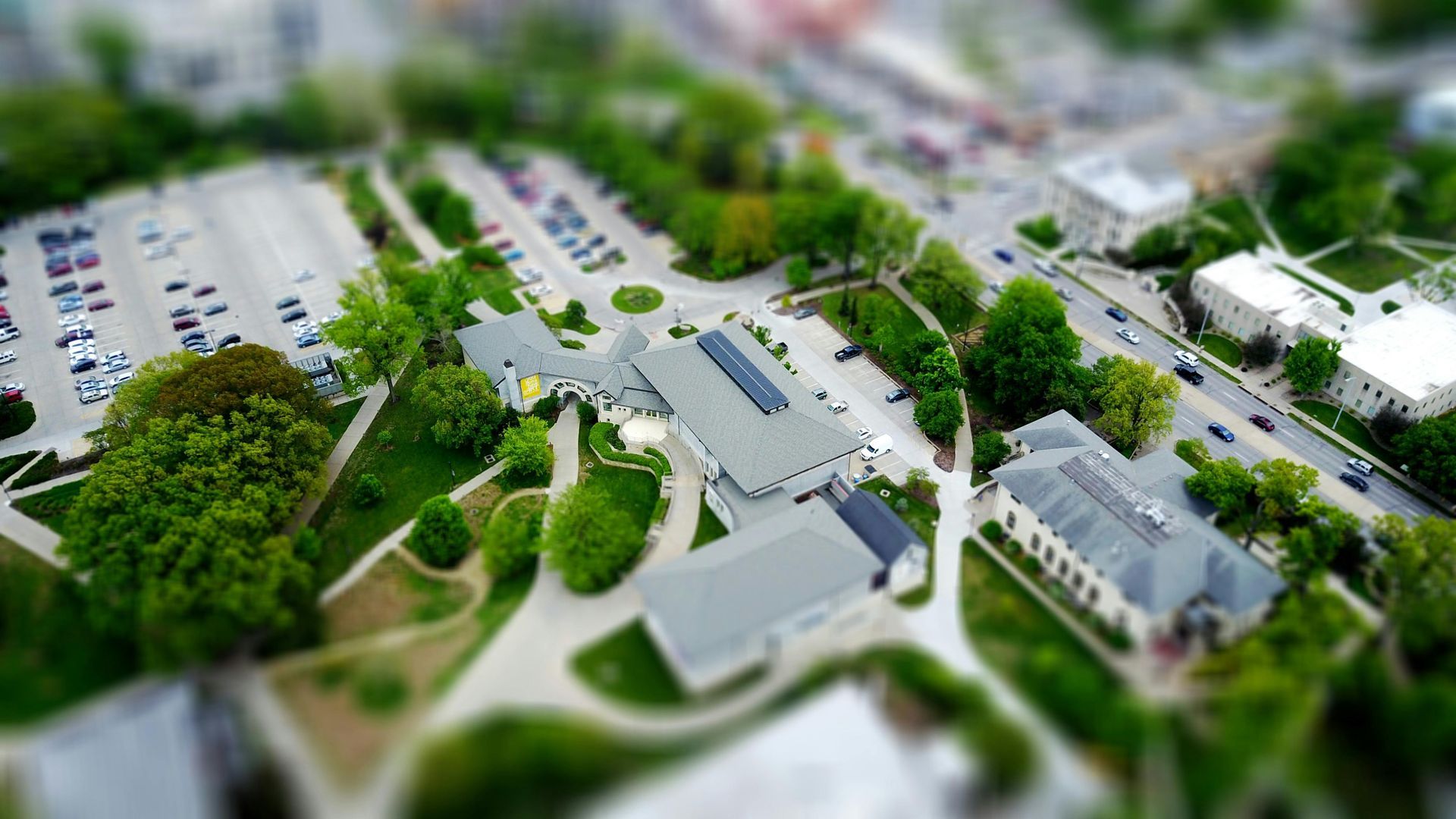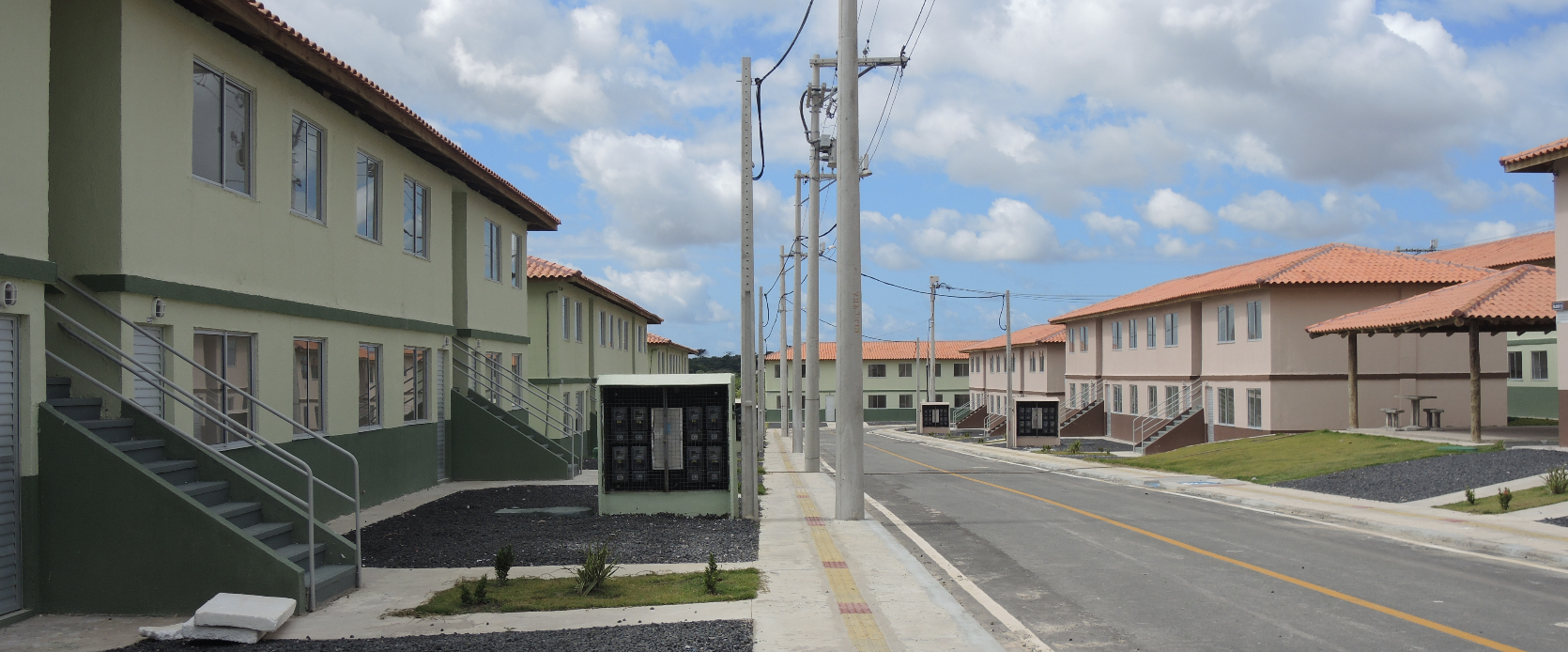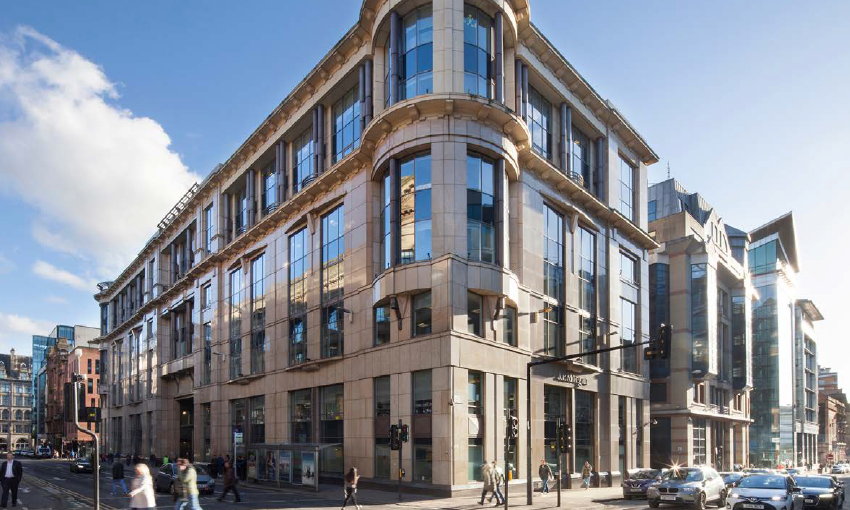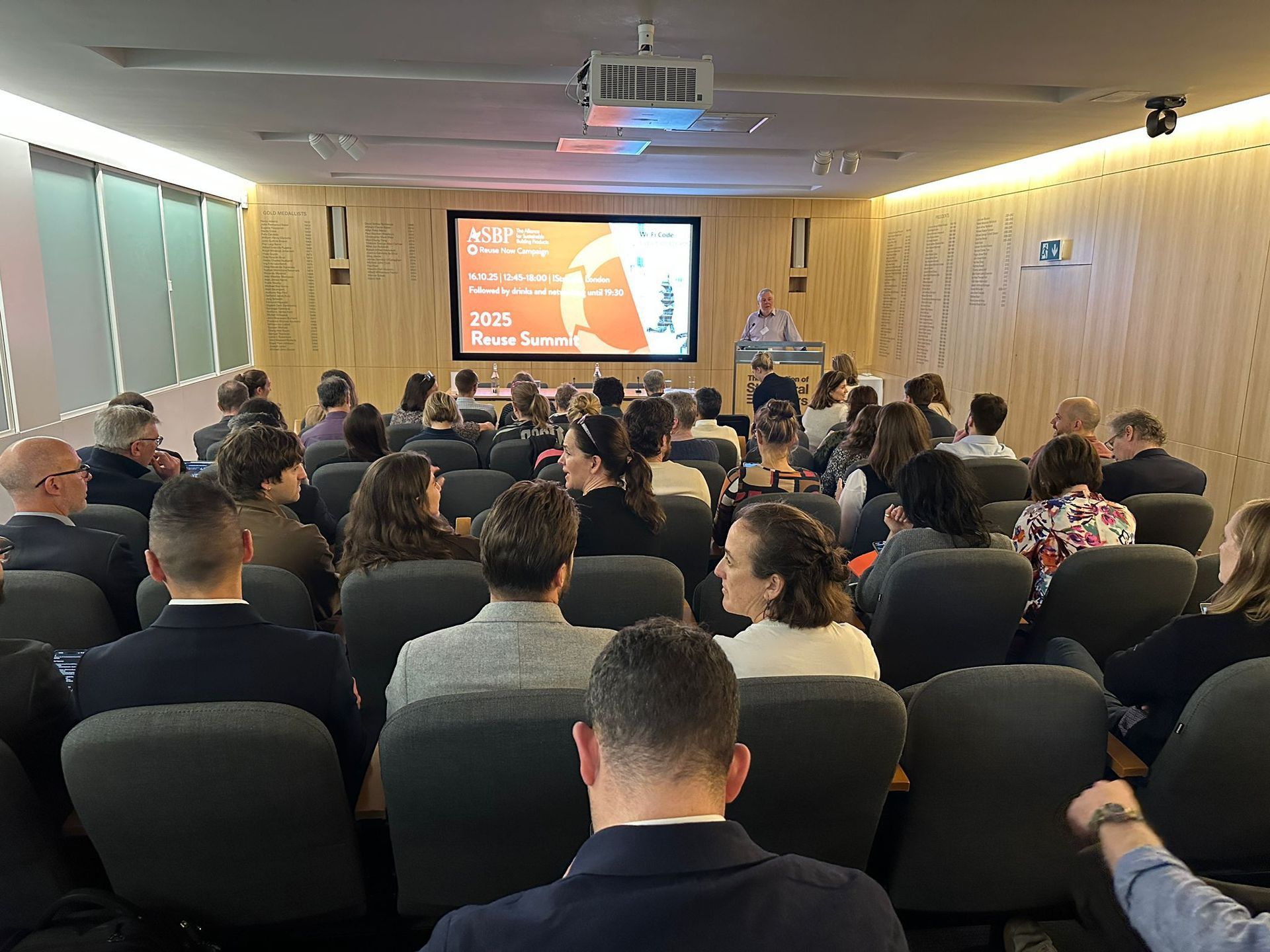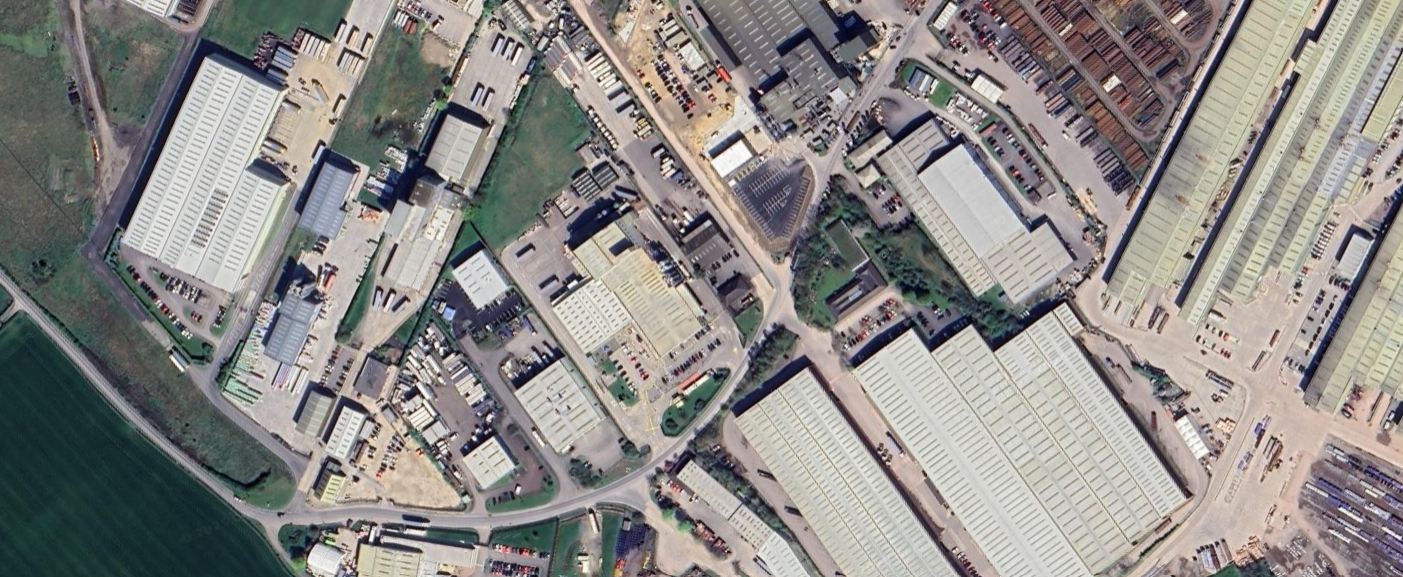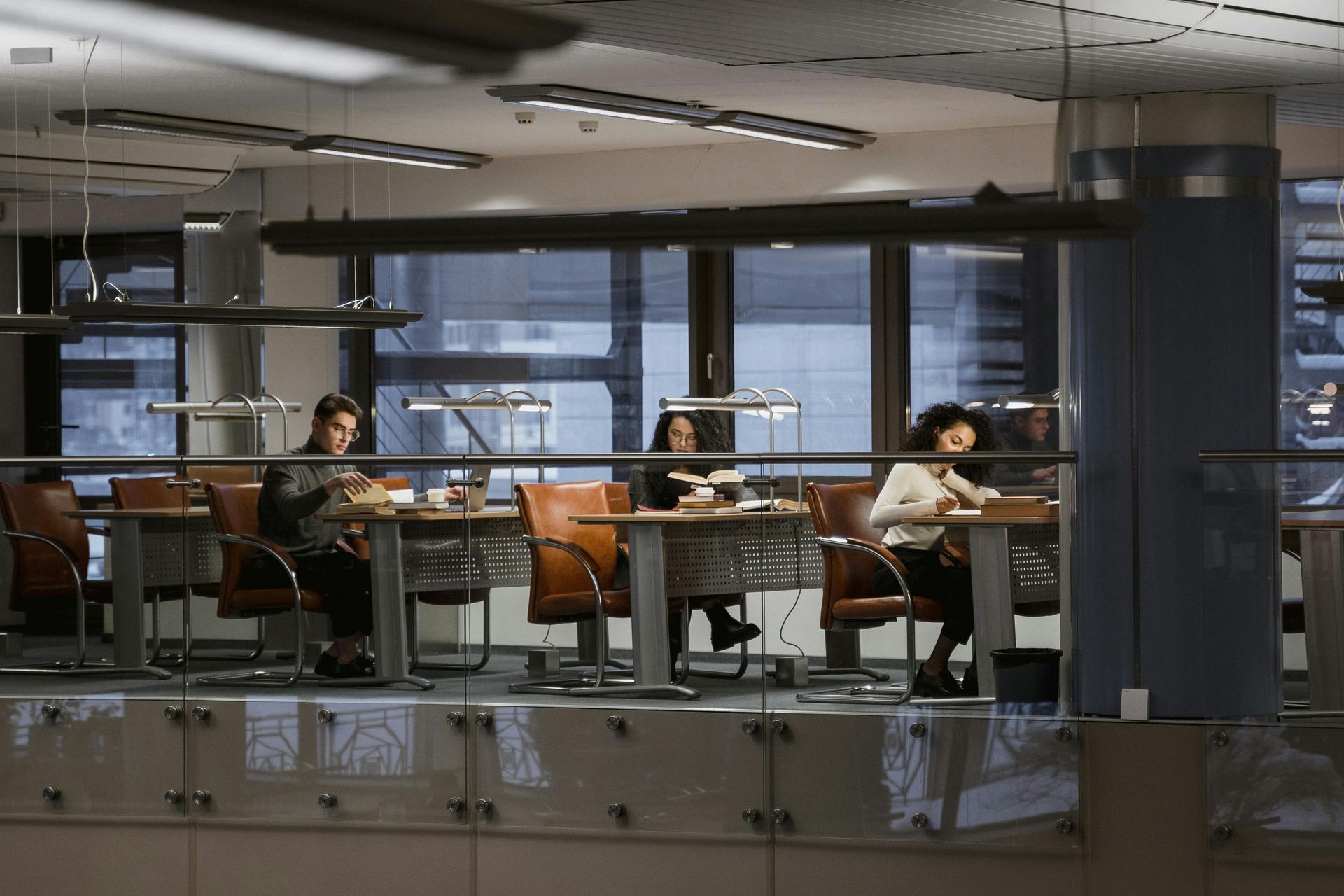Better Decision Making for Housing Refurbishment vs. Demolition – PreaDeM Update
PreaDeM (Pre-demolition environmental assessment and Decision-Making) is a project supported by Innovate UK under the NICER programme – National Interdisciplinary Circular Economy Research. It aims to help the social housing sector realise better circularity outcomes when considering whether to demolish or refurbish homes.
Whilst there has been some attention to circularity in the construction sector, there has been little work undertaken with the social housing sector, with lack of data and related measurement tools commonly referenced as a key challenge.
The social housing sector provides 4.4 million homes in England alone, and is a vital part of the drive to net zero carbon emissions. It is vitally important for social cohesion, health and wellbeing and to help meet the UK’s housing requirements. Improving circularity and reducing carbon is therefore a priority.
However, there has also been little work on how circularity can be integrated into asset management decision making in social housing, which is largely driven by operational energy and cost needs and upgrading to meet carbon emissions targets.
At the present time, pre-refurbishment and demolition audits are often driven by requirements set in BREEAM, in the requirements for Circular Economy Statements for major projects in London, and, very occasionally, to meet requirements set down by more enlightened clients. Whilst these audits play an important role in determining circularity and carbon reduction opportunities, the data needed to determine what will become available, and in what condition, is costly to establish on a project-by-project basis.
Typically, there is little data for a rapid and accurate calculation of the ‘Bill of Quantities’ and the implications for reverse construction are often hidden. Also, audits are often done too late in the project decision making stage to have maximum impact.
Therefore, a key objective of PreaDeM is to develop a smarter way to quantify what is there (for example using more state of the art technology such as point cloud, photogrammetry and walk through scanning) combined with detailed specification information and assumptions to determine what can be extracted for further reuse, closed-loop recycling, and other resource management options.
This information is crucial for the wider assessment of Demolition vs. Refurbishment, where much of the data needed is common and can be highly valuable for a wide range of assessments including:
- Embodied carbon of refurbishment vs. new build (including maintenance & replacement)
- Operational carbon of refurbishment vs. new build (current building regulations and beyond)
- Impact of demolition vs. refurbishment in terms of waste arising (now)
- End of life impacts of refurbished assets vs. new build (in the future)
- Likely lifetime of refurbished vs. new build (annualised impact)
- Whole life cost of refurbishment vs. new build
PreaDeM commenced on 1st April 2022 is led by Reusefully, the circular economy research and consultancy organisation that specialises in construction and the built environment, working with Sustenic, who focus on supporting housing and health professionals in the drive to net zero carbon, Cambridge Sustainable Design, who provide energy, carbon and waste reduction services, and Salvo, the architectural salvage hub that promotes reuse.
We are now well underway with work packages 1 and 2 for the project, investigating the ‘ecosystem’, mapping the value chain and understanding user requirements of stakeholders, chiefly social housing owners and asset managers. We are also reviewing the state-of-the-art of existing tools, methodologies, standards and databases that can contribute to, or be adapted, to create a PreaDeM platform. We will shortly be starting work package 3, understanding and prioritising what the platform Must include, versus what it Should, Could or Won’t (MoSCoW).
Work package 3 includes the formation of a user group of social housing providers, so if you are interested in getting involved in this, please get in touch. The project runs until March 2023, culminating in the development of a business model for widespread adoption and development of a technical specification, and we would be happy to hear from any stakeholders in this area.
